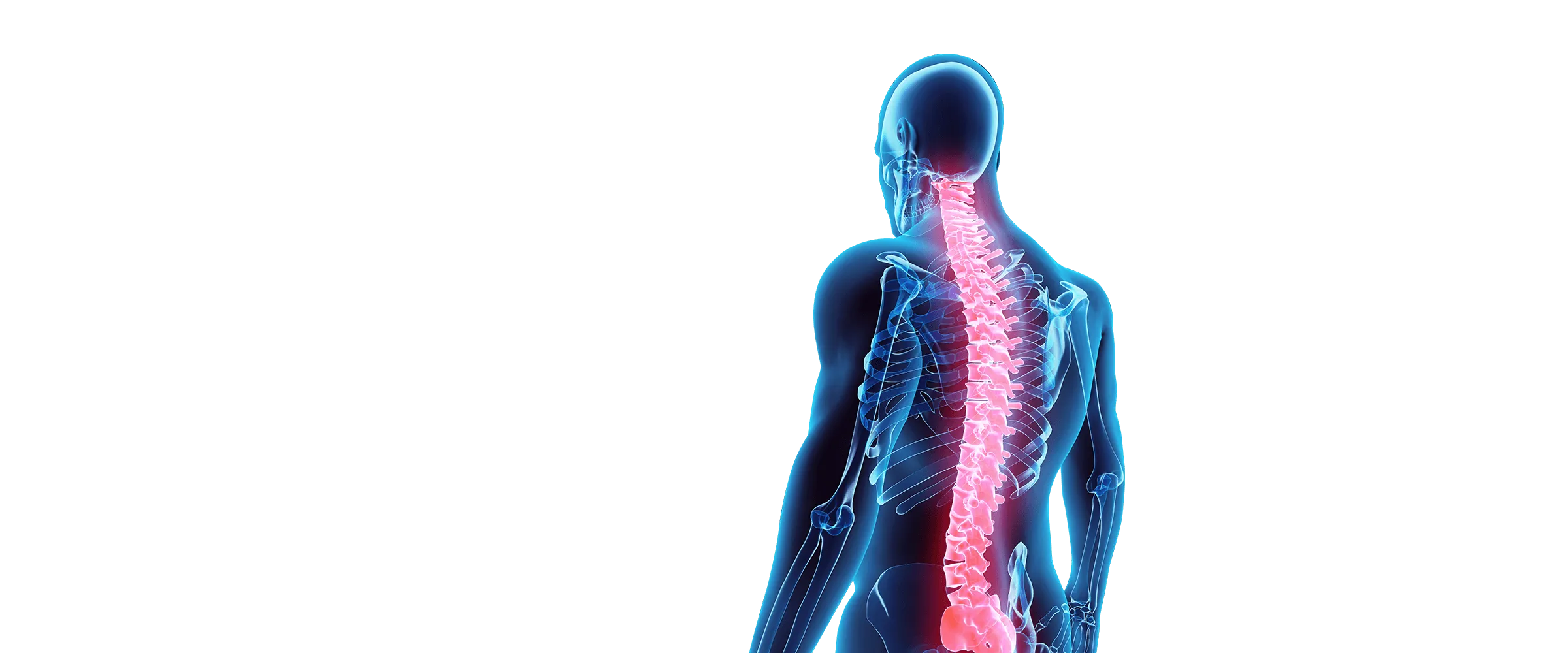Health Tips for Children and Teens: 8 Things NOT to Do

- posted: Sep. 11, 2020
Health Tips for Children and Teens: 8 Things NOT to Do
A lot of my patients ask me about their children and about what they should (and should not) be doing to maintain proper spinal health. Since the habits formed early in a child’s life will often carry over into adulthood, it is important to ask these questions and to know what bad habits to look for and intervene on. Here I will discuss 8 different things that your child or teen should NOT be doing, and briefly explain why these things can be harmful to their health. Some of these are not extremely detailed, so feel free to ask me if you have any questions.
1. Don’t EVER “pop” your own Neck or Back
This one is not as obvious to everyone as you might think. Many people feel instant “relief” from cracking and popping their own neck and back, but this will only be temporary and might actually make things worse. Chiropractors are trained for years to be able to adjust the spine correctly, while someone who twists and turns to adjust themselves usually misses the mark and moves things more out of place. This will eventually lead to arthritis and/or ligament laxity (when ligaments become “loose”) as the wear and tear from these self-adjustments deteriorate the vertebra and spine.
2. Never sit with the Legs off to the Side or with the Hips at an Angle
Sitting this way will train the hip bones to move to an abnormal position, creating a misalignment in the sacrum/tailbone and the lower back. Since a child’s body is always growing and changing, it’s important that they sit in a way that supports growth in the right direction. It’s much easier to monitor a child’s posture early on than to correct the issues that arise from a poorly developed foundation. Also look out for sitting with the legs in a “W” position, this is one of the worst postures for misalignments in the hips.
3. Never Sleep on the Stomach
Leaving the head turned to one side for too long is not only painful, but it puts abnormal stress on the neck vertebra and muscles. Sleeping on the stomach forces the neck into this sideways turned position for an extremely long period of time, causing pain and misalignments. Sleeping on the side or back allows the spine to remain straight, which promotes proper growth, posture, and eliminates the pain caused by sleeping with the neck turned.
4. Staying Safe while Playing Football/Sports
This one can be tough. I grew up with a father who coached football while my brother and I both played, so I’m familiar with the physical demands it requires and the injures that can result from playing. Over time, the size, strength, and speed of kids has rapidly increased, leading to a more dangerous game. Most young athletes also train harder than they did in the past, with disciplined weightlifting and longer, harder practices. I won’t tell anyone not to play sports, because that isn’t realistic. Instead, I would encourage these young athletes to take exceptionally good care of their bodies on and off the field, so they are better equipped to heal from potential injuries. However, if a child (or adult for that matter) suffers from two or more concussions resulting from their sport of choice, it is time to stop. That is my cardinal rule of sports participation.
5. Maintaining good Posture while Using Devices
I have talked about this one in previous articles, as it applies to both children and adults. I cannot stress enough how important it is to keep the head and neck in their appropriate position while using phones, tablets, and other electronic devices. Looking down at a screen will eventually lead to “tech/text neck syndrome (yes, this is an official medical diagnosis.) Dr. Kapandji states in his book “Physiology of the Joints, Vol 3.” that for every inch the neck tilts forward, the weight of the head on the spine increases by 10 pounds. This will put extreme stress on the neck and will cause headaches, neck pain, and stiffness. This habit will also drastically affect a child’s posture as their body is growing, and will promote poor posture habits as they grow older. Try limiting screen time to about an hour a day, and demonstrate /encourage correct posture while using devices.
6. NEVER Lay on the Couch with your Head Propped on the Arm Rest
This position may be comfortable in the beginning, but laying this way forces the head and neck into a position that they are not meant to be in. I’ll compare it to sleeping on your stomach with your head turned sideways as they produce the same result. Try sitting up with your back against the couch or lay with a pillow beneath you to support your neck and spine. It’s even more important not to fall asleep in this position, it’s even worse than falling asleep on the stomach since the head is turned sideways AND tiled upward. Again, I know this might be comfortable at first, but I promise you’ll regret it in the morning when you’ve got a kink in your neck.
7. Wearing a Backpack Correctly
When a child carries a backpack on one shoulder, or carries a backpack that is too heavy, it forces their body into an unnatural position. Carrying a bag on one side of the body causes children to overcompensate by moving the opposite shoulder inward and over to maintain balance. This can cause a tweak in the middle back, which leads to shifts/misalignments in the spinal vertebra. The same thing happens when a backpack is too heavy, pulling the child backwards with its weight.
8. Limit Sugar, White Flour, Artificial Sweeteners and Colors
It can be hard to monitor what a child eats outside of the house/school. Even at home, children can be picky eaters and resist a healthy diet. Explore different healthy options with children and help them find things they do like. The best way to teach a child how to be healthy is through leading by example. Show them that healthy food can be utterly delicious and get them excited about it. If a child is raised in a home where healthy food is normal and treats and sweets are limited, they are able to be healthy and stay healthy as they grow older. Occasional consumption of these treats is fine, but overtime these artificial ingredients will cause weight gain, low energy levels, mood problems, and eventually more serious issues like diabetes.
The most important responsibilities a parent has are keeping their child safe, healthy, and happy. We teach our children everything they need to know about life, including how to be healthy. If they are set up for success at a young age, it is easier for them to form healthy habits and live a successful life later on. We teach our children to brush their teeth, so they don’t have rotten teeth as an adult, so why not teach them how to take care of their spine to avoid other health issues later in life?
Following these 8 tips will not turn your child into a perfect human being, (even though they probably already are,) but they will help them form the habits they need to grow into a healthy adult. In addition to the advice I have already given, I recommend maintenance adjustments for children to keep them in alignment as they grow. Thanks for reading, Dr. Joe


